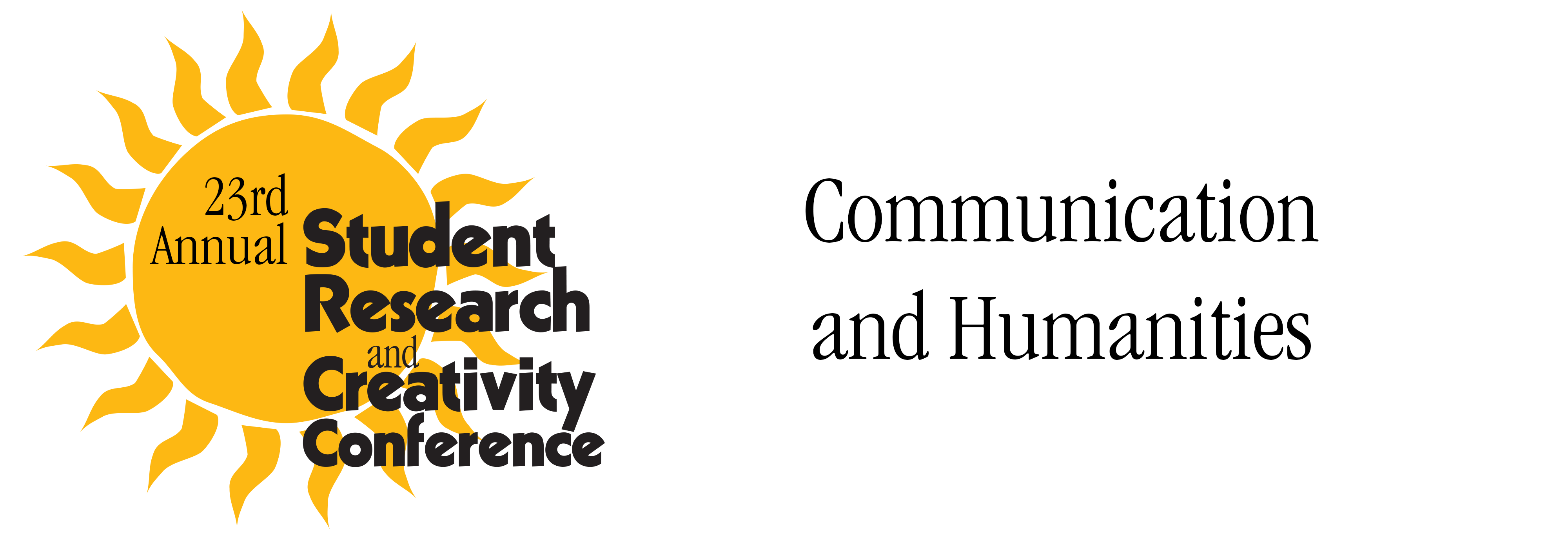

Title
Maximum Sociability: Foucault and the Technological Imprisonment of our Future
Files
Description
James Speaker, ENG390: Literary Criticism and Theory
Faculty Mentor(s): Professor Macy Todd, English, Professor Allison Siehnel, English, Professor Gregg Biglieri, English
The growth of authoritarianism in the eighteenth century had a daunting impact on the psychology of those exposed to it. Philosophers such as Michel Foucault explored this impact, and how it altered the societal structures of the world. Long after Foucault's death, authoritarianism has a new vehicle for its means. While the structures which Foucault criticized still thrive, vast expansions in technology have captivated the psychology of the human race. The growth of the internet has given birth to social media, an idea intended as a platform of expression for the self. However, recent decades have soured the goodwill of social media and allowed the platform to grow into a far more insidious, destructive system of power. Even as Foucault wrote Discipline and Punish decades before the founding of Facebook or Twitter, these platforms for expression have mutated into authoritarian systems of control, corruption, and suffering. Foucault's writing is a warning which doesn't stop at criticism of authoritarian systems of government, but one which explores our future. Social media platforms are the new prisons--their authoritarian natures destroying the core concepts of the human experience in exchange for a world of instant gratification and redefined reality. By exploring the literature of Foucault and similar thinkers, we can understand the future which these technological advancements have led us to and the possibility, or lack thereof, that we can alter it.
Publication Date
2021
Recommended Citation
Speaker, James, "Maximum Sociability: Foucault and the Technological Imprisonment of our Future" (2021). Communication and Humanities. 2.
https://digitalcommons.buffalostate.edu/srcc-sp21-commhum/2



